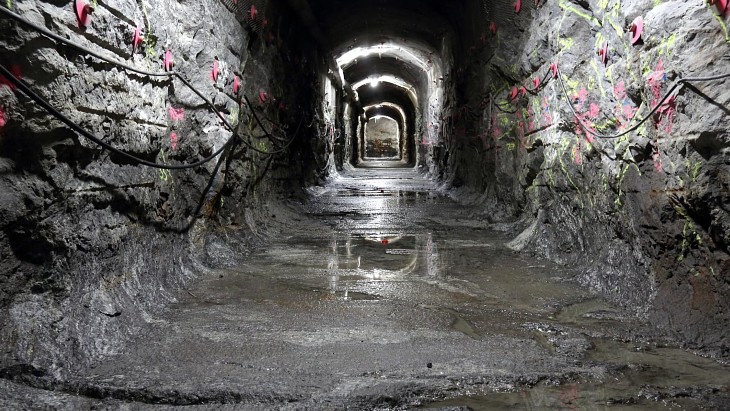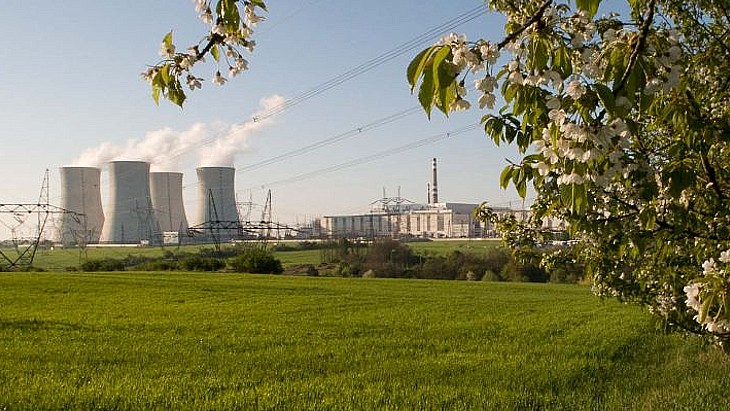"Dutch laws, regulations, and national strategy still lack a concrete vision on nuclear energy," the white paper says. "In fact, in the past nuclear energy has been shunned or excluded from the discussion."
The Foundation, based in Utrecht, says it is possible to leverage the growing support for nuclear energy so that the government, utilities, investors and universities work together to create the ideal circumstances for new nuclear power plants to be deployed. However, it suggests the government must act as "first mover" as well as re-enforcing its own nuclear knowledge and competence.
The white paper - titled The role of the Dutch State in the business case for nuclear energy - presents 13 recommendations for the government to support energy companies that want to use nuclear energy. These are:
1. Offer guarantees against political fluctuations.
2. Create new forms of government funding mechanisms to ensure low-interest loans for new nuclear builds.
3. Perform a macroeconomic cost-benefit analysis of nuclear energy.
4. Work together with energy companies and vendors to
achieve a more balanced cost structure.
5. Identify national and international opportunities for cooperation, leading to serial production in reactor technology.
6. Enable provinces and Regional Energy Strategy (RES) regions to jointly develop nuclear power plants to achieve their RES objectives.
7. Encourage energy companies to replace their fossil and/or biomass plants with nuclear power plants.
8. Encourage research into the use of nuclear energy for non-electrical processes.
9. Leverage compatibility of the Dutch licensing framework with efficient commissioning of innovative reactor systems.
10. Raise the level of nuclear knowledge in the government.
11. Bring peace of mind to radiation protection policy.
12. Bring peace of mind to society - proactively take up the discussion about waste storage.
13. Ensure that nuclear energy is considered sustainable in the EU Taxonomy.
"Solar and wind (two required technologies for the energy transition) can count on support from the government but nuclear can't because it is politically controversial, despite rising public support," said e-Lise Foundation chairman Mathijs Beckers. "Our thirteen recommendations cover a wide range of subjects: finance, economy, regulation, policies, and knowledge."
He added, "In our white paper, we show that the government can make fundamental decisions positively influencing the total project time and financing costs. Both aspects are significant to the economic outcome of the nuclear construction project. Currently, the Dutch government itself is a big risk-factor for investors because it has proven to be unreliable, but we believe that this can be easily remedied."
Nuclear power has a small role in the Dutch electricity supply, with the 485 MWe (net) Borssele pressurised water reactor providing about 3% of total generation. The plant has been in operation since 1973 and is scheduled to close in 2033.
Last year, EPZ - operator of the Borssele nuclear power plant - called for an extension to its operation beyond 2033 and/or the construction of two new large reactors at the site in order to help the Netherlands meet its energy and climate goals.
Consultancy firm KPMG has been commissioned by the Dutch government to conduct a market consultation to assess commercial interest in nuclear new build and what support the government could provide. A final report on the consultation is expected in the coming months.

.jpg)





_53514_33880.jpg)






